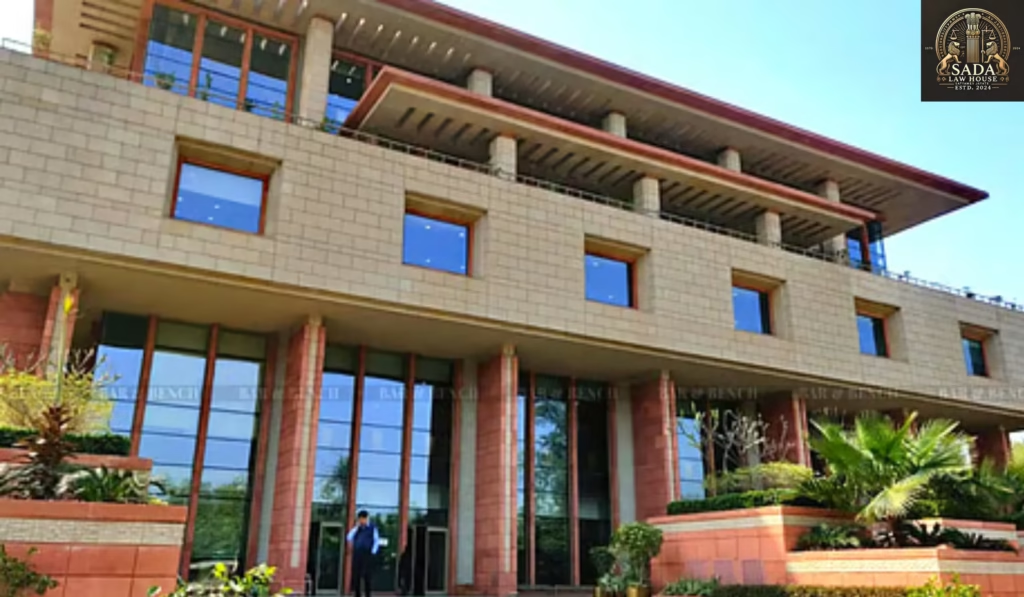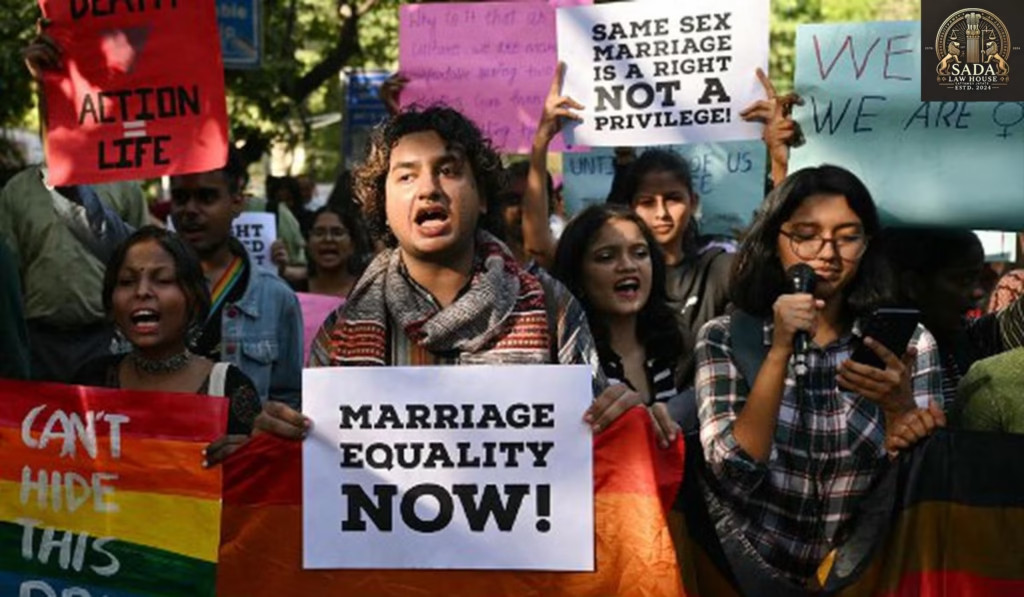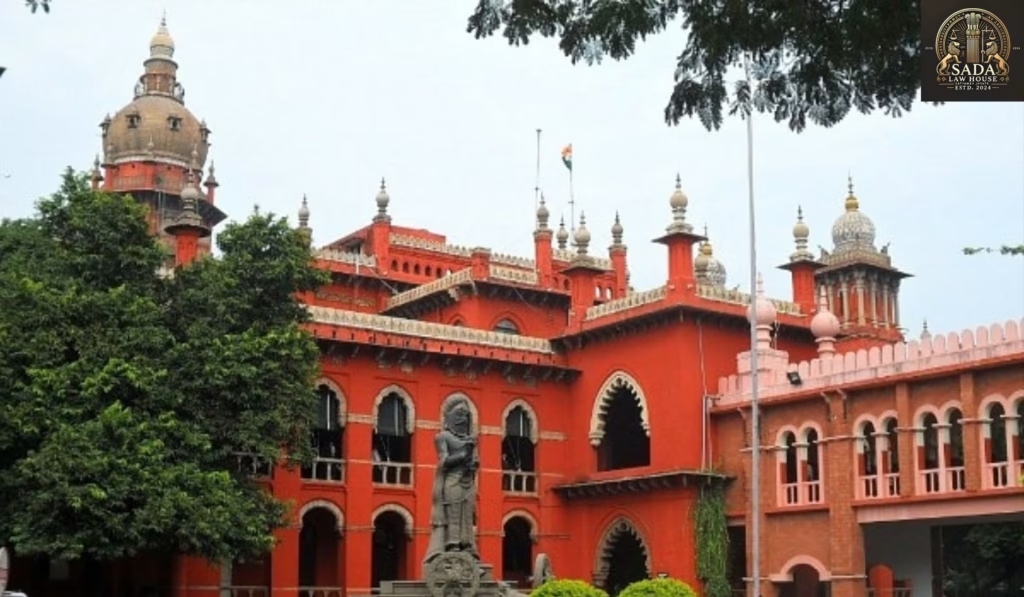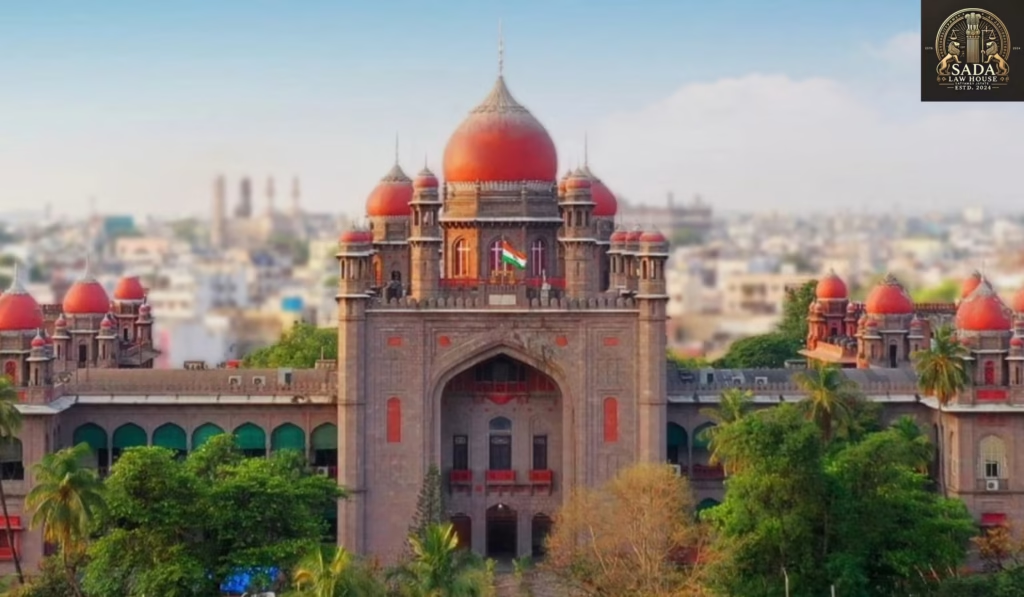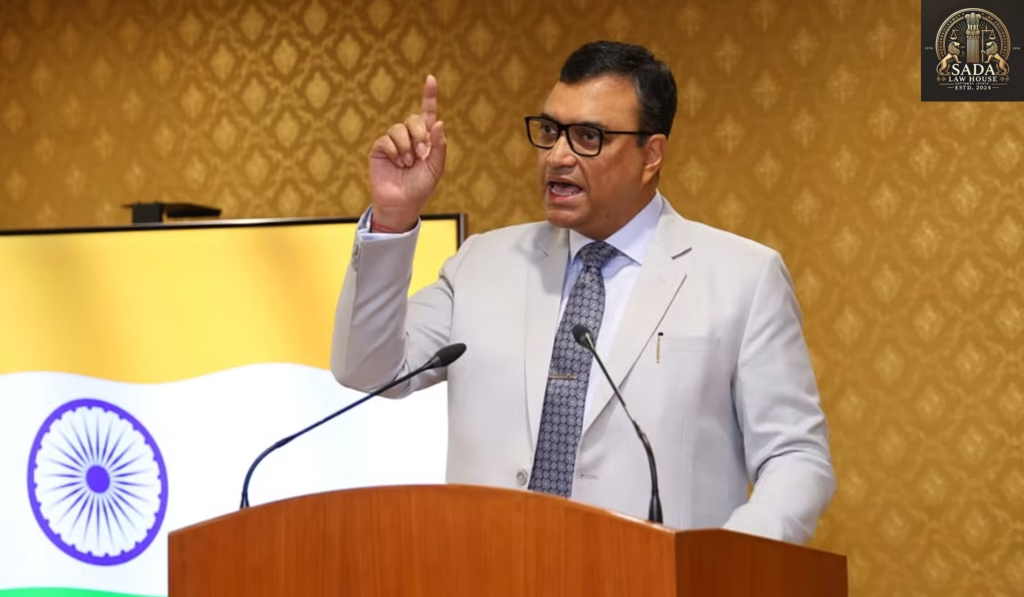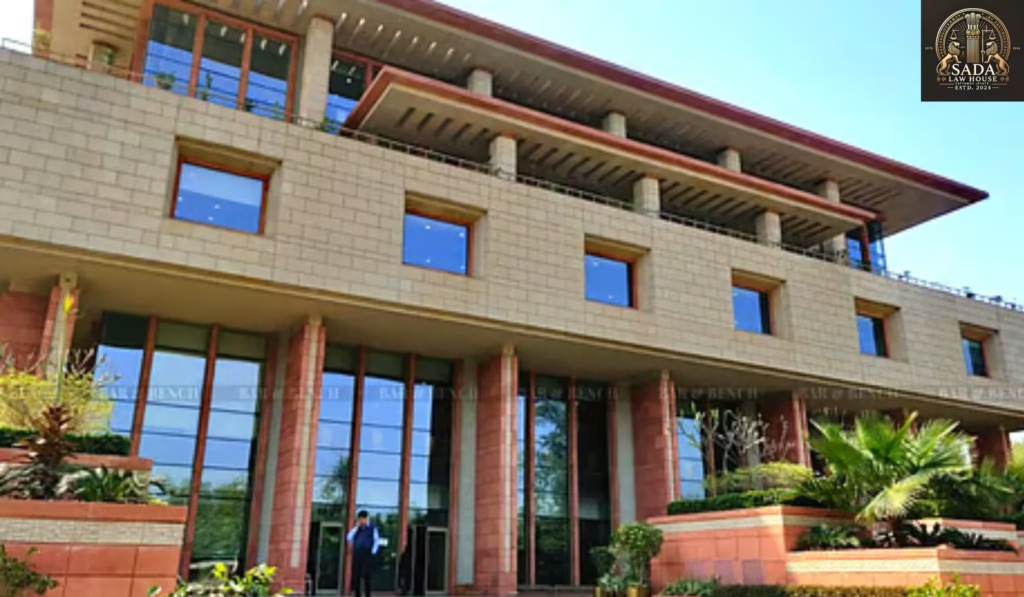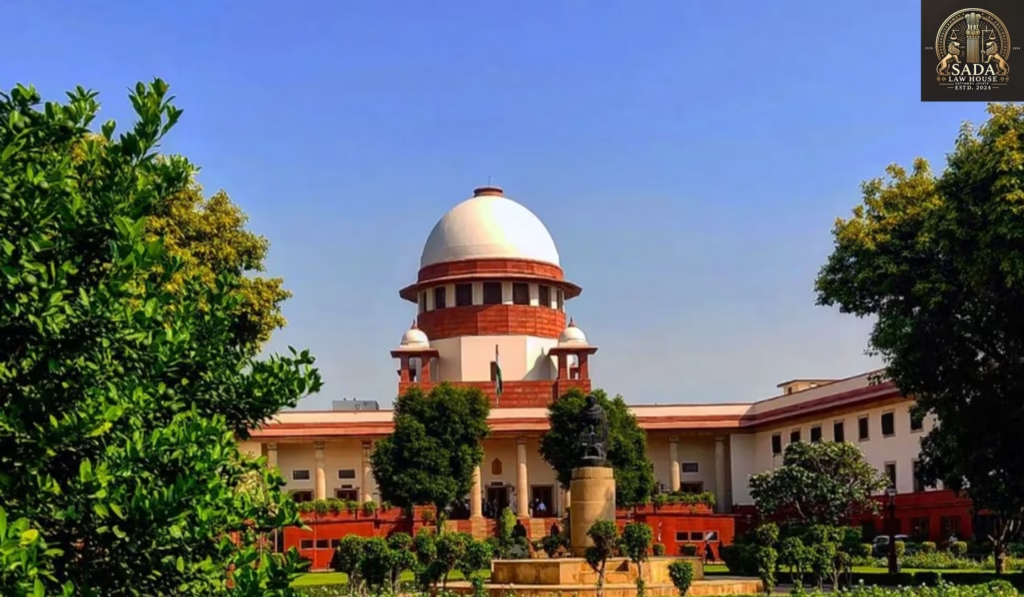Delhi High Court Quashes FIR Against Journalist in Official Secrets Act Case, Cites Press Freedom
Trending Today Delhi High Court Quashes FIR Against Journalist in Official Secrets Act Case, Cites Press Freedom Supreme Court to Urgently Hear Petition on Same-Sex Couples’ Adoption Rights in India Madras High Court Allows Women to Join Temple Chariot Festival, Citing Equality and Religious Freedom Telangana High Court Cancels Free Land Allotment to IAMC Hyderabad in Landmark Ruling Court Orders FIR Against Zed News and News18 for Defamatory Reporting During Operation Sindoor in Jammu & Kashmir Delhi High Court Rules Arbitration Clause Doesn’t Automatically Override Civil Court Jurisdiction Supreme Court Affirms Right to Close Business Under Article 19 of Indian Constitution Bombay High Court Halts Aarey Forest Demolition: Legal Win for Environment and Tribal Rights Delhi High Court Orders Centre to Draft Deepfake Guidelines: Major Step for Digital Privacy and Free Speech in India Supreme Court Clears Uttarakhand’s Uniform Civil Code: A Historic Step Toward Gender Equality and Secular Law in India Delhi High Court Quashes FIR Against Journalist in Official Secrets Act Case, Cites Press Freedom KASHISH JAHAN 1 JULY 2025 The Delhi High Court has quashed an FIR against an investigative journalist under the Official Secrets Act, marking a major victory for press freedom and free speech in India. A Landmark Ruling for Press Freedom in India In a major win for democratic values and the rights of the media, the Delhi High Court has quashed a First Information Report (FIR) filed against an investigative journalist under the Official Secrets Act (OSA). The journalist had published leaked government documents related to sensitive defense procurements. Justice Anup Jairam Bhambhani: Publishing Public Interest Documents Is Not a Crime Justice Anup Jairam Bhambhani, while hearing a joint plea by the journalist and a prominent media watchdog, stated that mere possession or publication of documents—if of public importance—does not violate the OSA. He emphasized that such actions are not criminal unless there is clear evidence of espionage or intent to harm national security. Background: FIR Filed After Journalist Exposed Defense Irregularities The FIR, originally filed in 2024, followed a series of investigative reports by the journalist that revealed alleged irregularities in defense procurement deals. These articles were based on internal files from the Ministry of Defence. While the government claimed the leaked documents posed a national security risk, several civil society organizations argued the exposé served the public interest. Reaffirming the Right to Free Speech and Journalistic Integrity The ruling is a significant reinforcement of the Supreme Court’s precedent in the landmark Vinod Dua judgment. The High Court emphasized that the right to report on matters of national relevance cannot be suppressed by the misuse of outdated secrecy laws like the OSA. Court Urges Clearer Guidelines for Press and National Security Balance The Court also directed the Central Government to establish clear, updated guidelines to ensure a fair balance between protecting national interests and respecting press freedom. Verdict Welcomed by Media Rights Groups The decision has been widely praised by media rights groups and legal experts as a reaffirmation that investigative journalism is not a threat to the state—it is a vital pillar of a transparent and democratic society. The verdict sends a strong message that journalism is not sedition or spying, but a safeguard of public accountability. Leave a Reply Cancel Reply Logged in as Sada Law. Edit your profile. Log out? Required fields are marked * Message* Live Cases Delhi High Court Quashes FIR Against Journalist in Official Secrets Act Case, Cites Press Freedom Sada Law • July 1, 2025 • Live cases • No Comments Supreme Court to Urgently Hear Petition on Same-Sex Couples’ Adoption Rights in India Sada Law • July 1, 2025 • Live cases • No Comments Madras High Court Allows Women to Join Temple Chariot Festival, Citing Equality and Religious Freedom Sada Law • July 1, 2025 • Live cases • No Comments 1 2 3 … 5 Next »

